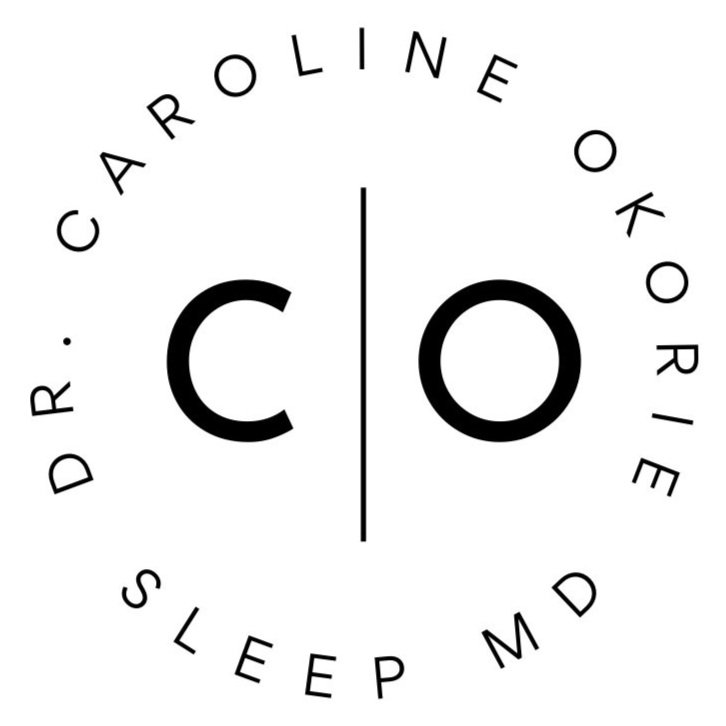Navigating the Worst Allergy Season: Allergies, Sleep, and Fatigue Solutions
Many have already noted that this year's allergy season is proving to be one of the worst for many! For those in the US, if you’re curious about the stats for your neck of the woods, you can check out The Asthma and Allergy Foundation of America report on “Allergy Capitals” to see if you’re in an allergy hot spot!
With pollen counts soaring and symptoms flaring, it's no wonder that many people are feeling the effects in their daily lives. Among the various consequences of allergies, poor sleep quality and fatigue stand out as significant challenges.
Allergies, Sleep, and Fatigue: The Connection
Allergies can be a sneaky culprit behind poor sleep quality and fatigue. When your body detects allergens, like pollen, it releases histamines to fend off the invaders. Unfortunately, histamines can cause inflammation in the nasal passages, leading to congestion, sneezing, and itching, all of which can make it hard to get a good night's sleep. Moreover, your body's immune response can leave you feeling drained and fatigued during the day.
Is It Allergies?
To help determine if allergies are behind your sleep troubles and fatigue, consider the following:
Timing: Are your symptoms seasonal or do they align with exposure to specific allergens?
Consistency: Do your symptoms persist, despite efforts to improve your sleep hygiene?
Family history: Do close relatives also suffer from allergies?
If you suspect that allergies are the issue, consult your healthcare professional to consider proper diagnosis and appropriate treatment.
Some interventions to try may include:
>Reducing Allergen Exposure:
Keep windows closed to prevent pollen from entering your home by keeping windows closed, especially during high-pollen times.
Dusting/Vacuuming, especially in areas that are high traffic
Consider avoiding wearing shoes in the home to minimize tracking in pollen and other dirt from the soles of your shoes
Wash bedding weekly with hot water to reduce dust mites
Consider air filters in the home to improve air quality.
>Nasal irrigation with a saline solution to reduce congestion and inflammation
>Antihistamines - oral or nasal antihistamines can help to counteract the effects of histamines, reducing allergy symptoms.
>Nasal corticosteroids are over-the-counter sprays that can reduce inflammation in the nasal passages, allowing for better breathing and hopefully better sleep.
>Immunotherapy, is a treatment is prescribed and managed by a trained allergist who can determine a treatment to help build your body’s immunity allergens over time.
Dealing with allergies can be a challenge, but there are steps you can take to reclaim your sleep and energy. Again, talk to you healthcare provider about what may be the most helpful for your situation! Possibly using their advice and some of the strategies above, you'll be better equipped to navigate this particularly harsh allergy season. Here's to a more restful and symptom-free future!
Be Well! Sleep Well!
Caroline Okorie, MD, MPH


